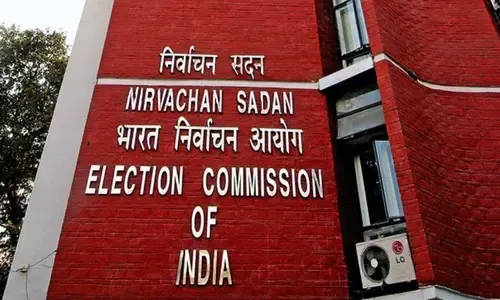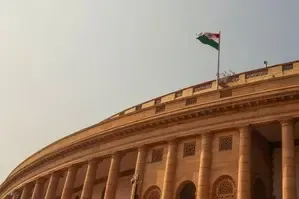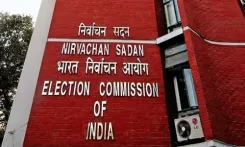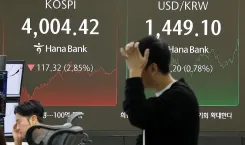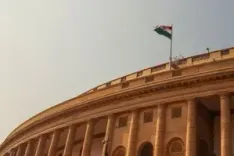Is This a Dictatorship Within a Democracy?
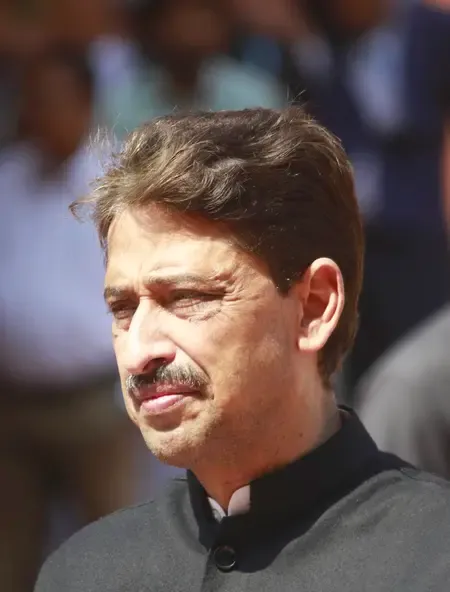
Synopsis
Key Takeaways
- Imran Masood questions the government's integrity.
- Over 70 petitions challenge the Waqf Act's validity.
- Concerns arise about democratic governance.
- The government's claims face scrutiny.
- Masood calls for strong action against terrorism.
New Delhi, May 5 (NationPress) As the Supreme Court prepares to hear on Monday the various petitions contesting the constitutional integrity of the Waqf (Amendment) Act, 2025, Congress MP Imran Masood issued a pointed critique of the central government, accusing it of deceiving both the court and the public, and questioning if this is indeed a dictatorship disguised as democracy.
In a statement to IANS, Masood indicated that his party has also filed a counter-affidavit in response to the government’s assertions in court. “We have presented a counter-affidavit addressing the government's claims. The government is clearly distorting the facts,” he asserted.
Masood further emphasized the contradictions in the government's position, stating, “What the government is currently claiming contradicts its own earlier statements made in the Supreme Court. They are now asserting that the law cannot be stayed, referencing cases like the Maharashtra reservation issue. But the matter is not that straightforward. The Supreme Court has a defined role to evaluate constitutional validity, and if the Constitution is breached, the Supreme Court unquestionably possesses the authority to issue a stay.”
Questioning the government's methods of governance and legislation, Masood remarked, “Is this a dictatorship in a democracy? Does making a decision equate to a divine mandate? We retain all avenues available to us, including approaching the Supreme Court, and we have indeed taken that step.”
His comments are significant as the apex court reviews over 70 petitions lodged nationwide against this contentious law. The Waqf (Amendment) Act has sparked considerable legal and political backlash, particularly concerning aspects related to 'waqf by user' and the inclusion of non-Muslims on Waqf boards.
In response to the recent terror incident in J&K’s Pahalgam, Masood adopted a belligerent stance, demanding decisive action from the government. “The time for mere warnings has passed. It’s time for tangible action. The nation wants to see your real efforts, not just empty promises.”
Referencing former Prime Minister Indira Gandhi, he continued, “Just as Indira ji divided the enemy, respond in such a way that they remember it for generations. Let it be a lesson that if such acts are committed, this will be your outcome. Don’t just make noise, deliver results.”

